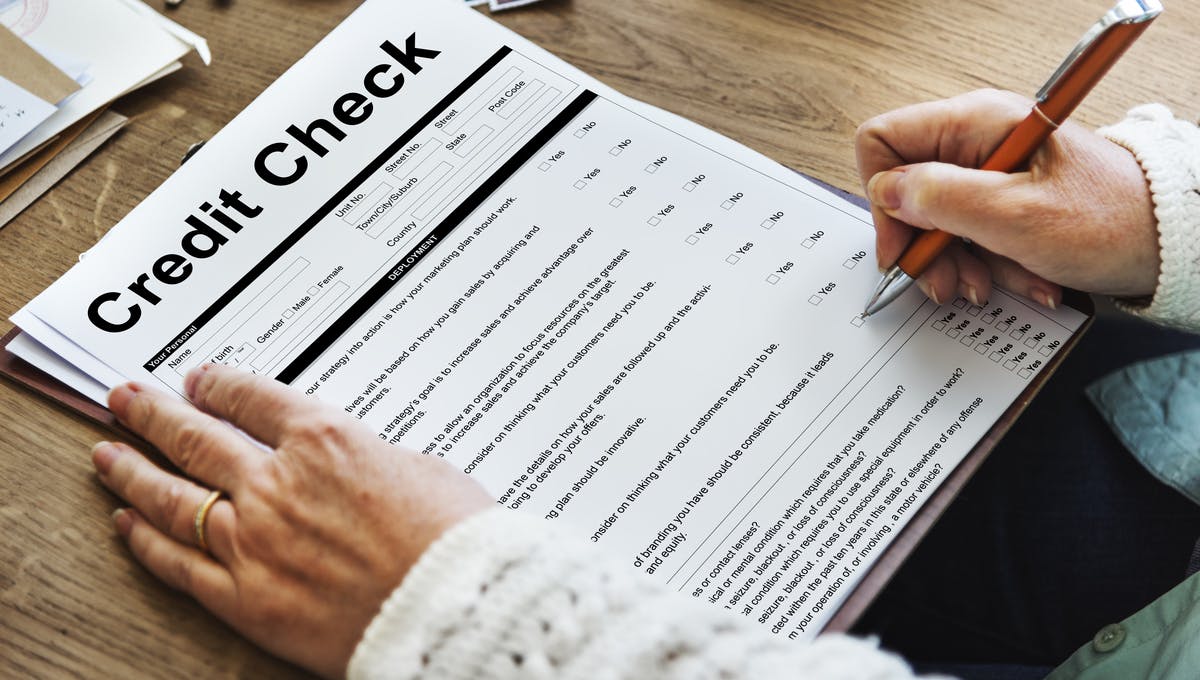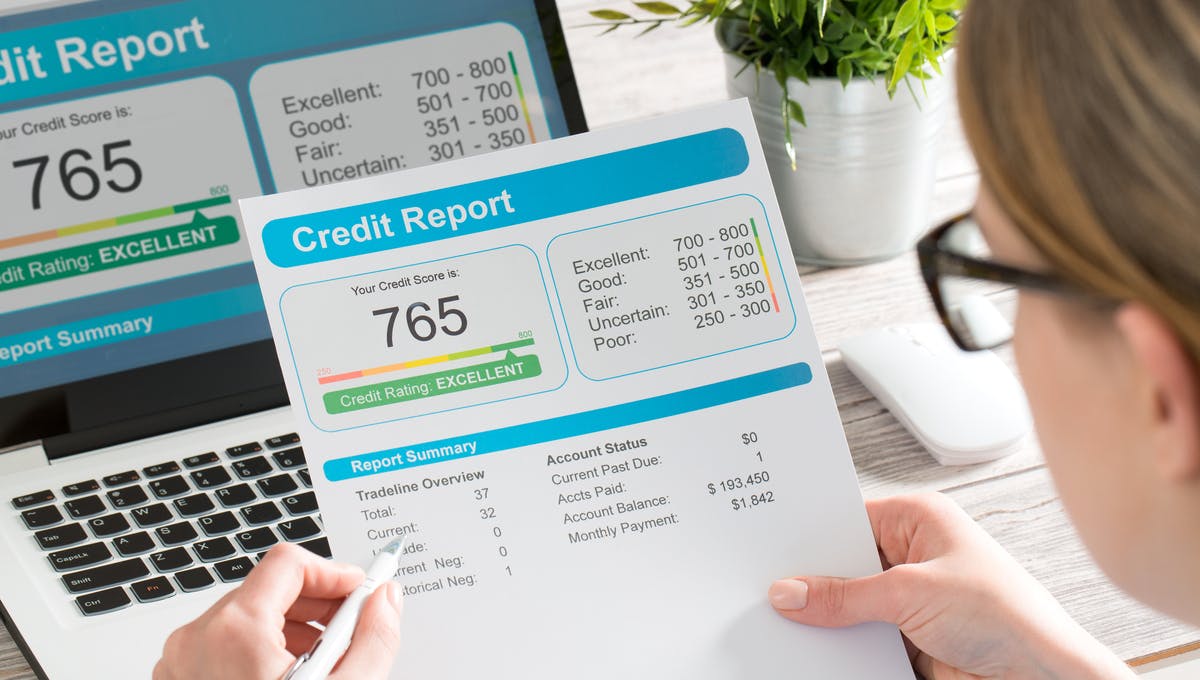What Credit Score Is Needed To Buy A Car On Finance?
You’ve picked out the model, decided on the trim and got together all the documents you need to buy a car. It should be smooth sailing from here.
However one small (yet important!) step that is often forgotten about is checking your credit score.
We know - it’s probably the last thing you want to do when you’re caught up in the excitement of your new car. But your credit rating could have a huge impact on what you end up paying for a car, and whether you even get one at all!
In this quick guide to credit scores, we run through what credit rating you need to buy a car on finance, why finance companies look at your credit rating, and how you can improve it.

What credit score range they look for
Your credit score is essentially a rating based on your financial history. If you’ve borrowed money and paid it back on time and in full, it shows that you're reliable and builds a positive score.
There’s no set minimum rating to get a car, as each lender will decide themselves how to consider your eligibility. However this can make it tricky when applying. Even if you’ve checked your score in advance, there’s no way to be sure you’ll get approved.
Though TransUnion, Equifax and Experian all use differing ratings, each can be categorised into one of the five bands - ‘very poor', ‘poor’, ‘fair’, ‘good’ and ‘excellent’.
To fall into the ‘good’ rating you’ll need:
- TransUnion: 604 - 627
- Equifax: 420 - 465
- Experian: 881 - 960
Those in this category generally stand a great chance at being approved. Provided you’ve got the earnings to afford it, you have a positive credit history to show your reliability.
While ratings differ across credit reference sites, it generally works that the higher the score the better. With a higher score comes a better deal on your APR, as evidenced by Experian’s 2020 research:
| Credit Score | Average APR (for a new car) |
|---|---|
| Superprime: 781-850 | 3.24% |
| Prime: 661-780 | 4.21% |
| Nonprime: 601-660 | 7.14% |
| Subprime: 501-600 | 11.33% |
| Deep subprime: 300-500 | 13.97% |
But all is not lost if you have a lower score. You fall into the category of a ‘fair’ score if you have:
- TransUnion: 566-603
- Equifax: 380-419
- Experian: 721-880
In an ideal world, you’d try to build on your score before applying for finance if your score is ‘fair’. However you are still likely to be approved.
The main set back to having a ’fair’ score is that you’ll unfortunately face higher interest rates due to the risk you pose to the lender. If this takes your overall cost over what you were hoping to spend, you could be better off waiting until your rating has improved.
Why finance companies look at your credit score
No matter what method you choose to finance your car, the lender is going to check your credit score.
This is essentially down to how car finance works. With finance, you’re being given a car that you’ve committed to paying for over X number of years, but may have only paid a deposit towards.
The lender needs to be sure that you can and will make your monthly payments, and checking your credit score is one way to do this. By viewing your financial history, they can see whether you’ve borrowed money and paid it back on time.
The more you’ve done so reliably, and on-time, the more comfortable the lender is going to be giving you a lower rate. Conversely, if you have a low rating or minimal credit history, the lender has nothing to suggest that you’ll pay on time. You pose a greater risk, and therefore usually have to pay more interest to cover this risk.
How to check your credit score
Fortunately, it’s really simple to check your credit score and can be done in a matter of minutes.
Just head to Clear Score, Credit Karma or Money Saving Expert’s credit club to check your rating. You should legally be able to view these for free, so if you’re just looking to check your score, be wary of signing up for services that you need to pay for.

How to improve your credit score - how is it calculated?
Is your credit score influencing the decision on whether you should get a car on finance? If your score is on the lower end, there’s plenty of ways you can work towards improving your rating.
Some sites will offer a paid for service with tailored advice to improve your score, but there’s lots you can do yourself:
- Pay off any outstanding debt - If you have substantial debt waiting to be paid off, and you’re applying for more finance… it’s not the best indicator. Paying off outstanding charges will both improve your score and show lenders that you can afford what you’re applying for.
- Pay bills on time - It’s a fairly obvious solution, but paying on time shows you’re reliable and responsible with your finances. Even a forgotten payment here and there can lower your score, so make sure everything is covered in time.
- Make sure your details are correct - Conflicting information might not lower your report, but could hinder any updates.
- Check that your report is up to date - If you notice any errors, or cleared debt still marked on your report, it’s best to inform your credit reference agency ASAP. They should resolve the issue, and have your report back on track.
Conclusion
Your credit rating is an important part of the application to finance your car, but isn’t a wholly influencing factor.
If you don’t have a great score, you could still get a deal on a lower cost car. Paying a higher deposit will result in lower monthly payments, and the lender is more likely to approve you.
Alternatively, you could decide to lease a car. A car lease credit check is still included in part of what you need to lease a car, but you could get a lower rate!
Since you’re not paying towards the entire cost of the car with leasing, the monthly payments are the lowest of the finance methods. As a result, you’re more likely to get a deal as you’re borrowing less.
If you think car leasing is for you, you can compare car lease deals for personal car leasing and business car leasing with ease with us.


